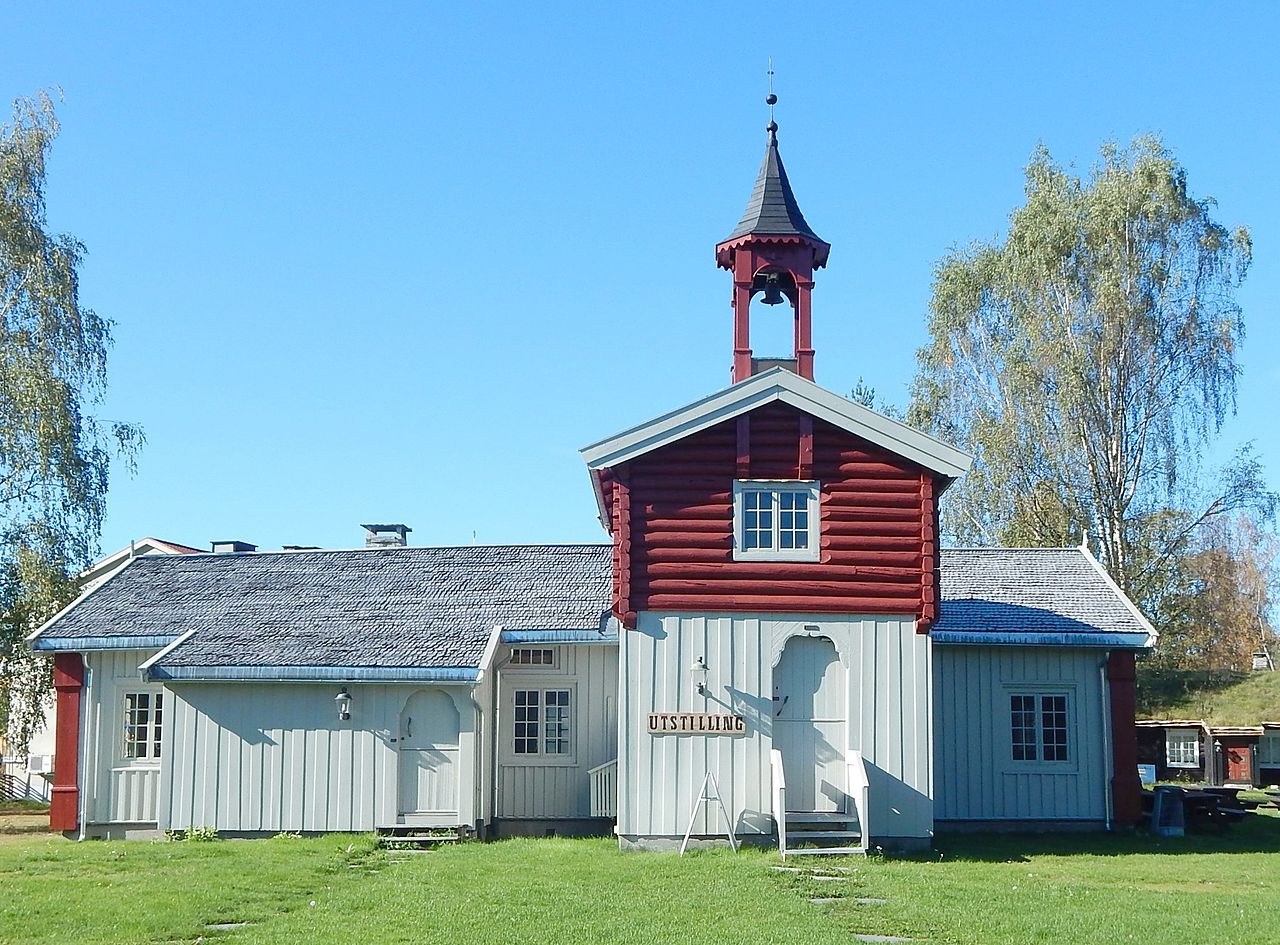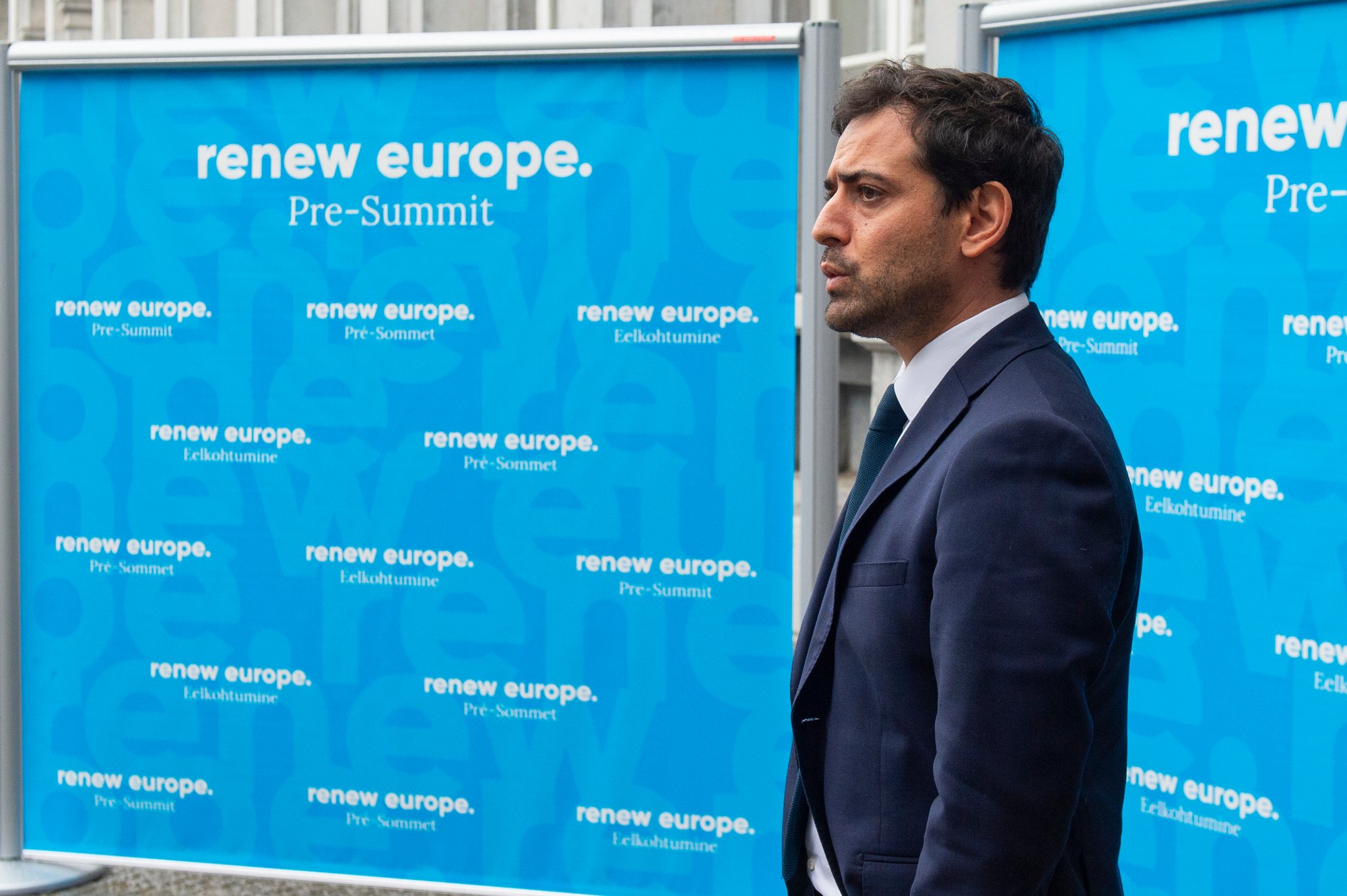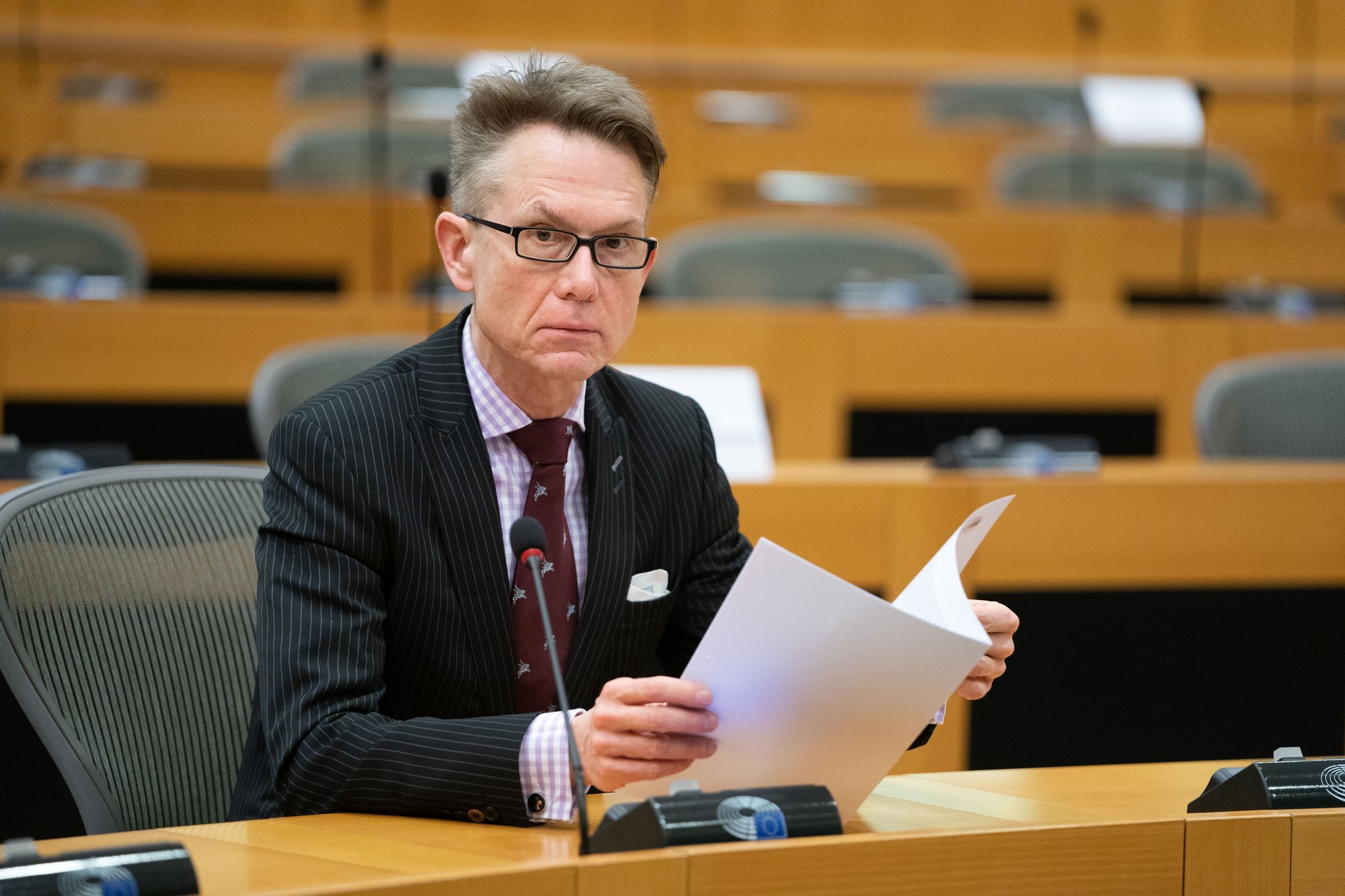The Vice President of the Bourgogne-Franche-Comté, Patrick Molinoz welcomed the collaboration between EU and Ukrainian regions and cities.
This comes as many local politicians from both sides joined together for the ACT NOW conference of mayors in Brussels.
The event was hosed the Committee of the Regions (CoR), the EU assembly for the bloc’s local and regional politicians.
Speaking to the Ukrainian local politicians Patrick Molinoz was confident in Ukraine’s accession to the EU, and said that for him it was already a done deal.
“When Ukraine formally joins the EU, you will be sitting here – but this house is already yours”, he said.
“Through the presence of many cities who can use the [CoR] premises… we give you all the possibility to express what you have to say to the world so that support to Ukraine grow stronger and stronger.”
Molinoz’s own regions is developing Ukrainian region of Vinnytsia and continued the emphasise the importance of partnerships between regions from both sides.
Over 100 Ukrainian mayors convened in Brussels for the ACT NOW Mayors Conference, propelling the discussion on Ukraine’s recovery and reconstruction post-Russia’s invasion.
The conference, aptly titled “Spirit Unbroken: Empowering Local Democracy for Ukraine’s Renewal,” delved into critical strategies that should shape Ukraine’s future, with emphasis on a ‘whole-of-society’ approach.
Against the backdrop of the European Commission’s recent recommendation to initiate accession talks with Ukraine, the mayors stressed the significance of holistic reconstruction.
They urged Ukraine to continue decentralization efforts, enhance the financial independence of local communities, and harness a collaborative governance approach.
The Mayor of Lviv has already urged every Ukrainian local authority to find an EU partner to work with.
Despite the anticipation of Russia targeting core infrastructure during the winter, Ukrainian mayors expressed a shift from immediate emergency needs to comprehensive reconstruction and recovery plans. These plans increasingly incorporate a digital governance tool known as DREAM (Digital Restoration Ecosystem for Accountable Management), facilitating coordination with the central government.
Oleksandra Azarkhina, Ukraine’s Deputy Minister for Communities, Territories, and Infrastructure Development, highlighted the need to fortify sub-national governments, emphasizing, “The financial independence and capabilities of the local authorities need to be our focus both in terms of restoration and in terms of European integration.”
She stressed the importance of synchronizing efforts with support from the European Union and the international community.
The European Commission has emphasized the importance of involving local and regional authorities in the reconstruction process, aligning with the positive impact of decentralization reforms.
Mayors present at the ACT NOW conference underscored the significance of pre-war decentralization reforms, highlighting its role in empowering local administrations to navigate the challenges of war.
The European Committee of the Regions, an integral partner in the European Alliance of Regions and Cities for the Reconstruction of Ukraine, reaffirmed its 10-point support package to Ukraine.
This includes actions focused on reconstruction, peer-to-peer partnerships, and enabling Ukraine’s sub-national governments to participate in the institutional life of the EU. The city of Lviv, the region of Dnipropetrovsk, and the Association of Ukrainian Cities now have representative offices in the CoR.





